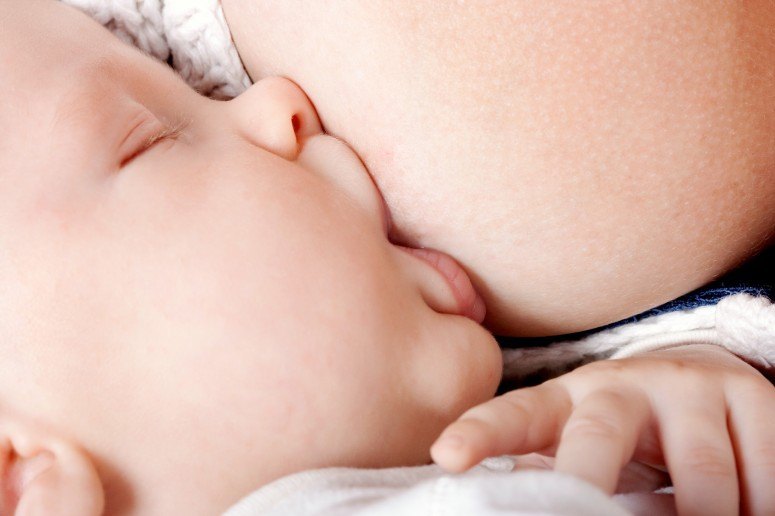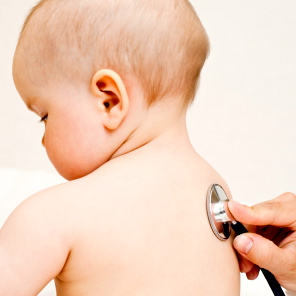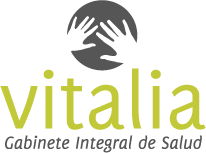
RESPIRATORY PHYSIOTHERAPY, SUCTION PROBLEMS AND BLEEDING IN THE INFANT
This February we have been in different courses of pediatric physiotherapy, since the incidence is increasingly higher in children who come to our clinic with digestive and respiratory problems.
That is why we have been taking a course in Barcelona with an eminence in respiratory physiotherapy, the Belgian physiotherapist Guy Postiaux, where he has given us a new paradigm of the function, physiology and treatment of respiratory problems based on scientific evidence.
After this course we needed to better understand the different problems that can appear in an infant, with difficulties of suction – swallowing and its relation with respiratory problems, since we often see the association of nutrition difficulties and alterations in breathing, many bronchial obstructions In the infant, not only are they due to broncho-pulmonary affections, such as bronchiolitis, but they can also be responsible for aero-digestive pathologies (swallowing problems) or gastro-esophageal reflux.
For that we have been in Zaragoza in a workshop organized by the physiotherapist Iñaki Pastor on this subject, he has been specializing in Pediatrics and Neurodevelopment for several years giving courses in several countries.
Many gastroesophageal irritations that our babies have, which causes them a lot of irritability, with inconsolable crying in many cases, may have to do with a lack of correct suction, which produces a lack of lip closure, the lips inward, which leads to an ingestion of air at the same time that ingests milk both maternally and if it is the case of the bottle and we find that the parents tell us that they do not gain weight, that one breast takes it better than the other, that it has irritability in the nipple the mother … Sometimes with good oral stimulation and a correct position during breastfeeding can correct many discomforts in our children.
In turn in cold periods increases the incidence of babies and children with some type of bronchial obstruction, with excessive mucus, cough, wheezing when breathing … it is difficult for them to breathe through the nose, it has been shown that children who breathe through the nose has more vital energy, therefore they are less fatigued and less incidence in future problems of the cranium-mouth (jaw, jaws …)
A good drainage of mucus, with effective nasal washing, avoiding sniffing or sniffing the mucus through the nose, but quite the opposite, has been shown in different studies that mucus is better swallowed and that physiologically can be expelled or the baby stool or by mouth.
Postiaux taught us to perform a good auscultation with the stethoscope to know the different breath sounds, wheezing, crunches, runcus … as a basis for our subsequent treatment and assess whether it was correct.
That’s why as a father I believe in the importance of observing our children:
How to detect if your child has a respiratory problem?
-Observe how is your breathing (nasal or buccal) and if there are noises when breathing or is shallow
-They have excessive mucus,
-The shape of the thorax if it is bulky
– Productive or dry
How can we detect if you have a suction-swallowing problem?
-Observe how they put their lips while they suck.
-If they drool a lot
-If they get too much tongue
-If they “fight” with the nipple during breastfeeding
-They fall asleep or get tired very early during feedings and control the lactation position.


